Since late June, when word first circulated that the Bahamian Department of Marine Fisheries was considering a draconian proposal that would drastically limit or effectively end do-it-yourself (DIY) angling trips and concentrate power and governance over the Bahamas' almost $150 million dollar per year sport fishing industry in the hands of a few select individuals with entrenched personal interests, the assumption has been that — once the light of public opinion shined on what was afoot, once the potential implications of the proposals were well examined and so on — that cooler, sensible heads would prevail and that a small group of individuals wouldn't be permitted to set to work at causing potentially serious damage to the Bahamian fishing tourism industry. Unfortunately, the latest from the Bahamas Fly Fishing Industry Association (BFFIA), a letter to the Department of Marine Fisheries outlining the groups' stance on new regulations, offers little in the way of encouragement.
Though the letter makes frequent mentions of conservation concerns and highlights disadvantages that Bahamian citizens face when attempting to enter the fishing industry as guides or tourism operators, the recommendations it makes do little to suggest that those concerns are their primary motivating force — and the angling community has reacted accordingly, continuing to hint at boycotts, highlighting alternative bonefishing destinations and generally expressing disgust towards the interests driving the BFFIA's actions.
Foremost amongst the BFFIA's recommendations are continued efforts to place stringent restrictions on visitors to the Bahamas that would require them to hire a certified, Bahamian guide (at a 2:1 angler to guide ratio), including visiting vessels and floating lodges or "mother ships".
The BFFIA's intention to put at end to foreign lodge ownership, at least future ownership, is also squarely confirmed by the letter, which states that "present lodges here in The Bahamas should be grandfathered in, but any Lodge going forward should be majority Bahamian owned and the Industry reserved for Bahamians."
The letter also recommends that unguided anglers (UGAs) only be permitted in designated zones which would be laid out by "the local guides and lodges on each island because of their unique geography and usage [and] placed on a rotation schedule." While the BFFIA claims these individuals are in a unique position to manage these areas and "prevent overfishing", DIY proponents claim the letter's contents realize their worst fears by concentrating power over UGAs in the hands of those with opposing interests and by limiting DIY angling to small areas that will become overcrowded and undesirable.
Bjorn Stromsness, in a detailed analysis of the recent letter, stated bluntly that "this kills the DIY game fairly handily for most of us. There would be no more exploring on your own in the Bahamas. You’d have a beat assigned to you, to walk like hundreds before you. I won’t do it."
Also troubling to many is the letter's repeated recommendations that the BFFIA be given some measure of lawful governance or influence over virtually every aspect of the Bahamian sportfishing industry; including guide certification, certification of existing lodges and approval of new lodge investments. The BFFIA would also receive a direct line of funding from fishing licensing fees.
The BFFIA and its supporters have repeatedly stated that their efforts are designed solely to protect the Bahamas' fragile fisheries and empower Bahamians to benefit from their vibrant tourist economy, but opponents claim the stringent and simultaneously subjective nature — which the latest letter has done little to resolve — of their recommendations and the concentration of power that would result from their being realized do much to discredit their validity.
Though many anglers seem further discouraged by these latest developments, many that remain hopeful are citing the BFFIA's statements should serve as further incentive for anglers to make their voices of opposition heard to the Bahamian Department of Marine Fisheries and Ministry of Tourism.
Most individuals on both sides of the issue seem dedicated to the idea of preserving and protecting the Bahamas' bonefish and other fisheries, first and foremost to the benefit of Bahamians. The trouble remains in finding a way to navigate to clear, unambiguous proposals and regulations that won't do more harm than good.




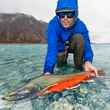


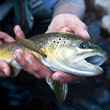
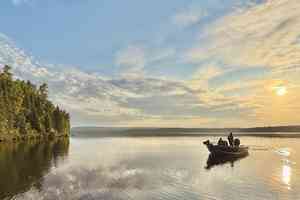


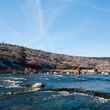
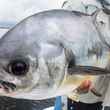
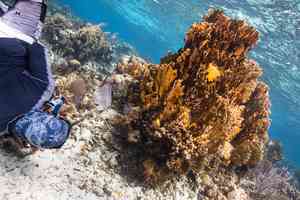


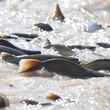





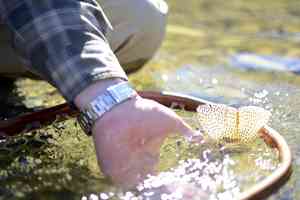


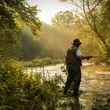
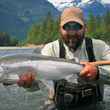
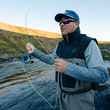

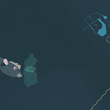
Comments
Rob replied on Permalink
What effect will this have on those that sail in the Bahamas? Part of the cruising permit allows fishing with the addition of a fishing license for the captain and those on the crew list.
Scott Schwarting replied on Permalink
Take a look at Canadian Atlantic Salmon Fishing regulations. Is it dead?
Or is this whole argument really about colonialism?
Jack Montague replied on Permalink
Big Brother has arrived!
Pages